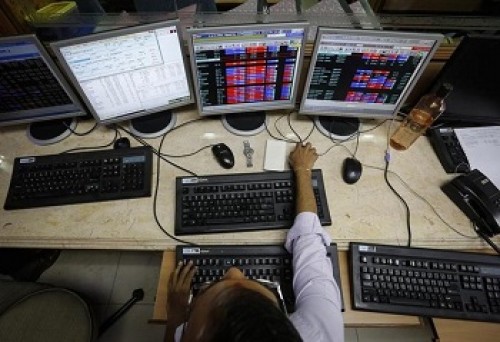Key gauges end flat amid volatility on Wednesday
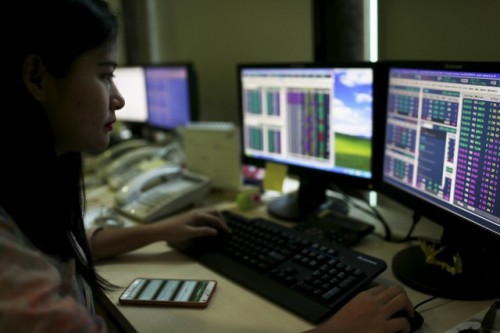
Indian equity benchmarks traded in a narrow range with a negative bias for most part of the trading session and ended on a flat note on Wednesday as investors kept their exposure low due to weak global cues. After opening on a positive note, the markets turned choppy through the session, after the latest Union Health Ministry data showed that India Wednesday recorded 16,047 new coronavirus cases and 54 fatalities including six reconciled by Kerala. With these additions, the country's overall Covid figures rose to 4,41,90,697 cases and 5,26,826 deaths. Traders remained cautious with data released by Association of Mutual Funds in India (Amfi) showing that equity mutual funds attracted Rs 8,898 crore in July, a 43 per cent decline compared to the preceding month as markets continued to remain volatile amid concerns over inflation and rate hike expectations. Some concern came with a private report stated that growth in job postings remained flat at 1 per cent in July amidst fears of global recession and inflation, several sectors saw improvement due to digitisation and changing consumer sentiments.
Though, downside remained capped as traders found some support with a private report stated that the Indian economy is likely to grow by 7.1% in the current fiscal on the back of steady performance by services, manufacturing and the farm sector. It added that the government investment will play a crucial role in boosting the growth rate. Some support also came in as finance minister Nirmala Sitharaman said the Reserve Bank of India (RBI) has initiated measures to promote the rupee as a preferred currency for international trade settlement, which will boost exports. Besides, Commerce and industry minister Piyush Goyal said negotiations between India and the UK for a FTA is moving at a fast pace, allaying concerns that the evolving political situation in Britain may slow down the pace of talks.
On the global front, European markets were trading higher as a slew of corporate earnings beat expectations and data showed German consumer price inflation slowed as initially estimated in July. Asian markets settled mostly lower on Wednesday, as a cautious undertone prevailed as investors awaited key U.S. inflation data due out later in the day that could offer clues on the Fed's next move on interest rates. Rising tensions between China and the United States following last week's trip by Nancy Pelosi, and a sell-off of global tech stocks following disappointing earnings and projections from big U.S. tech firms like Nvidia and Micron also kept investors on the sidelines.
Finally, the BSE Sensex fell 35.78 points or 0.06% to 58,817.29 and the CNX Nifty was up by 9.65 points or 0.06% to 17,534.75.
The BSE Sensex touched high and low of 58,984.32 and 58,583.36, respectively. There were 13 stocks advancing against 17 stocks declining on the index.
The broader indices ended in red; the BSE Mid cap index fell 0.13%, while Small cap index was down by 0.10%.
The top gaining sectoral indices on the BSE were Metal up by 1.87%, Capital Goods up by 1.29%, Basic Materials up by 0.87%, Industrials up by 0.61% and Energy up by 0.17%, while IT down by 0.97%, Realty down by 0.79%, TECK down by 0.68%, Consumer Durables down by 0.57% and Consumer Discretionary down by 0.48% were the top losing indices on BSE.
The top gainers on the Sensex were Tata Steel up by 1.91%, Bharti Airtel up by 1.50%, ICICI Bank up by 1.45%, Larsen & Toubro up by 1.38% and Indusind Bank up by 1.09%. On the flip side, Bajaj Finance down by 2.66%, NTPC down by 2.20%, HCL Technologies down by 1.41%, Wipro down by 1.34% and Asian Paints down by 1.23% were the top losers.
Meanwhile, with an aim to help the economy revive better, Chief Economic Advisor V Anantha Nageswaran has said the private sector needs to invest more in technology and research and development (R&D), and pay the MSME suppliers on time. Stating that Indian economy cannot remain exempt from the global challenges he said but it remains resilient and is poised for a rebound as the banking system is better, inflationary issues are peaking out and ongoing recovery is healthy.
He said ‘It is to our credit so far that we have managed to keep the impact at more manageable levels so far. But it should require continuous vigilance, continuous action and discipline for policymakers.’ As several economies facing very high inflation, Nageswaran said India is in a relatively better position and the majority of its sectors are doing quite well despite market volatility and inflation. He emphasised the need to focus on R&D and innovation for long-term benefit. Urging the private sector to invest more, he said ‘on a global index, we are very low in R&D spend. Government spending is 52 per cent.’
He said the rebound in capital goods companies' order books is an indication that the investment cycle will pick up. Praising the government's efforts on several structural reforms, he said the real fruits of these reforms will be reaped from 2024 onward when the ongoing shocks will phase away. Lauding the role of the Reserve Bank of India in managing inflation by increasing interest rates, Nageswaran said he expects that the central bank will be able to bring inflation to 6.5 per cent.
The CNX Nifty traded in a range of 17,566.10 and 17,442.80. There were 30 stocks advancing against 20 stocks declining on the index.
The top gainers on Nifty were Hindalco up by 4.44%, Coal India up by 2.04%, UPL up by 1.98%, Tata Steel up by 1.87% and Apollo Hospital up by 1.82%. On the flip side, Bajaj Finance down by 2.60%, ONGC down by 1.90%, HCL Technologies down by 1.45%, Adani Ports &SEZ down by 1.39% and Asian Paints down by 1.31% were the top losers.
European markets were trading higher; UK’s FTSE 100 increased 8.22 points or 0.11% to 7,496.37, France’s CAC increased 2.38 points or 0.04% to 6,492.38 and Germany’s DAX increased 28.55 points or 0.21% to 13,563.52.
Asian markets settled mostly lower on Wednesday, tracking overnight losses in Wall Street ahead of key US inflation data due out later in the day that would provide clues on the US Federal Reserve's next move on interest rates. Chinese shares declined followed by the release of Chinese inflation data, which showed consumer price index rose an annual 2.7 percent in the month of July, up from a 2.5 percent increase in June. Moreover, Hong Kong shares dropped amid concerns over rising tensions between China and the United States following last week's trip by Nancy Pelosi.
Above views are of the author and not of the website kindly read disclaimer
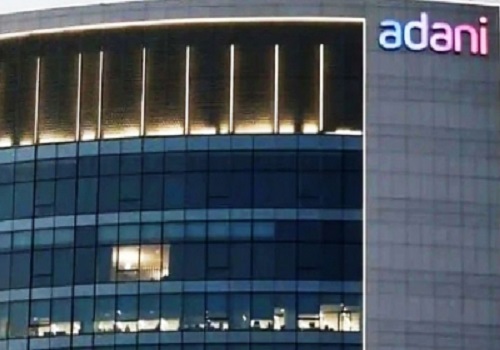

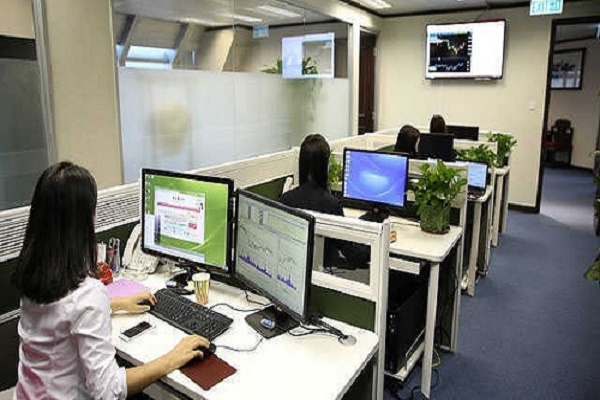


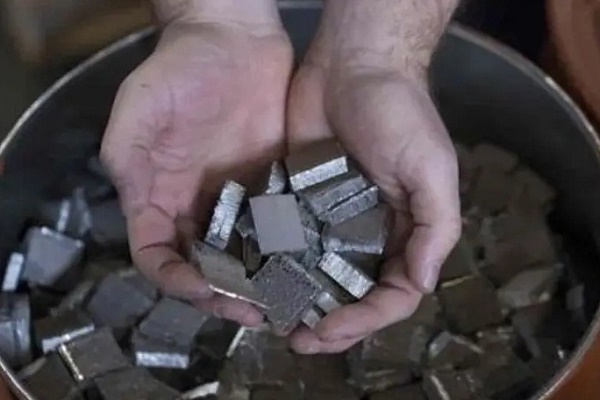




Tag News
More News

Nifty extends bullish momentum, closes strong above 25000 mark - Tradebulls Securities Pvt Ltd

